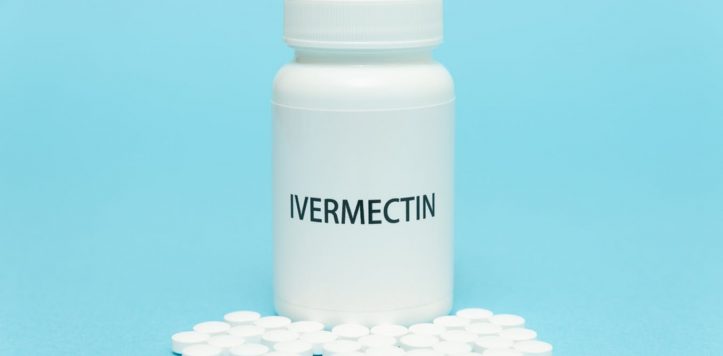What is Ivermectin? This is a question many people have asked over the years, and the answer may surprise you. Ivermectin, which is a compound extracted from wormwood, is found in the bark of the plant Ivermecta.
Ivermectin works to treat many types of infections in the human body which are caused by worms. Commonly known as “wormwood,” Ivermectin has been used to combat a variety of parasitic infections including tapeworms and roundworms. Ivermectin has also been used for other purposes not outlined in this drug guide.

Ivermectin may need to be administered by a physician, and there may need to be a prescription for this medication. Usually, a single dose of ivermectin for the treatment of an adult cat will work fine. However, younger cats and kittens should not be administered ivermectin without the direct supervision of a veterinarian. In most cases, a veterinarian can administer a safer dosage of the medicine without causing harm to the animal. There may need to be an adjustment or change in the dosage once the medicine is started.
Ivermectin does not usually cause serious harm to humans, but it can be fatal in extremely young or elderly humans, especially those with weak immune systems. Very large doses of the drug can cause severe harm or death in even very healthy individuals. The reason for this is because Ivermectin acts to rid the body of a parasite, but it is actually toxic to humans when large doses are ingested. Ivermectin can cause fatal liver failure in extremely sick individuals who have ingested large amounts of the drug.
Many Ivermectin side effects occur with long-term use of the medication. For example, it can increase the frequency of diarrhea and vomiting, which can make it difficult to treat your pet’s symptoms of heartworm disease. Ivermectin can also cause bone marrow depression, which can cause bone marrow failure. These are only some of the more common side effects reported with long-term use of the drug.
Other serious side effects include pancreatitis, seizures, liver disease, fluid retention, and dermatitis, which is a skin condition that causes irritation and inflammation. If you notice any of these symptoms, you should contact your vet as soon as possible to avoid further complications. It is not always feasible to recognize the exact cause of your pet’s symptoms of ivermectin side effects, so it is important to be able to quickly recognize Ivermectin poisoning if it occurs. You should take your pet to the veterinarian right away when you suspect poisoning. Symptoms of Ivermectin poisoning include vomiting, diarrhea, and cramps, and you may notice that your pet takes a longer time to eat or drink than normal.
Is Ivermectin a cure-all for heartworms, or is it only useful in treating specific symptoms? In most cases, the answer is “no.” While ivermectin can prevent and treat heartworms, it is rarely used as a primary cure for the condition because it is not an effective remedy for the actual cause of the heartworm infection. That said, ivermectin does produce excellent results in helping to alleviate other symptoms such as excessive sweating and swelling of the legs (usually resulting from external parasites), and it has been found to effectively prevent and reduce the incidence of mange in horses.
How can you tell if you have taken the correct dosage of ivermectin for your horse? If your horse’s normal lab work shows that he has received an unusually low number or abnormal readings, you may need to contact your veterinarian to determine what the problem is. Your veterinarian will perform an analysis and perform tests to determine if there are any problems, and will recommend the correct dosage of ivermectin for your horse. You will also need to make sure you have given the correct amount to your horse.
The safety of ivermectin should be your first concern, so be sure you are ready to handle the situation if it arises. Ivermectin, like all pharmaceutical medications, can produce side effects in some people; therefore, it is important that you consult with your healthcare practitioners before administering ivermectin to your pet. Make sure you have given the correct dosage, that your horse’s health is not threatened by the administration of the medication, and that the drug information is readily available to your veterinary care team. If you do come across a situation where ivermectin may be needed, try to contact your veterinarian as soon as possible. The sooner ivermectin can be administered, the better; it will also make treatment more efficient and minimize the risk of harm to the horse.